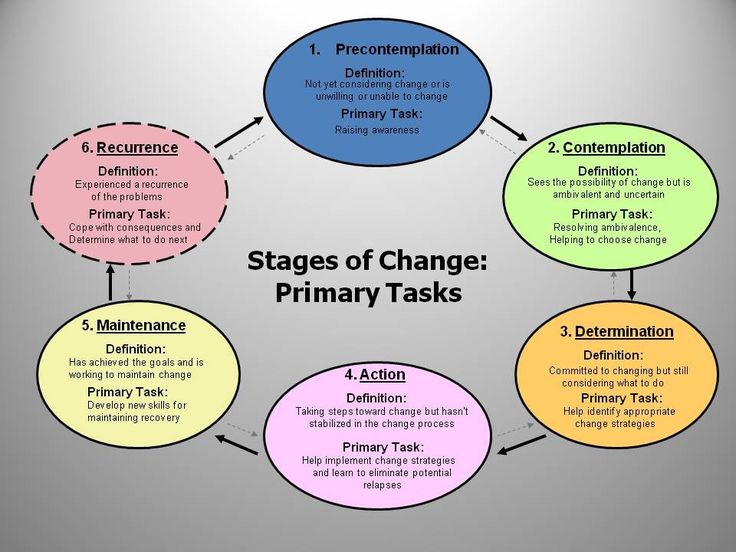otivational interviewing is a way of being with a client, not just a set of techniques for doing counseling. Miller and Rollnick, 1991
Motivational interviewing is a technique in which you become a helper in the change process and express acceptance of your client. It is a way to interact with substance-using clients, not merely as an adjunct to other therapeutic approaches, and a style of counseling that can help resolve the ambivalence that prevents clients from realizing personal goals. Motivational interviewing builds on Carl Rogers' optimistic and humanistic theories about people's capabilities for exercising free choice and changing through a process of self-actualization. The therapeutic relationship for both Rogerian and motivational interviewers is a democratic partnership. Your role in motivational interviewing is directive, with a goal of eliciting self-motivational statements and behavioral change from the client in addition to creating client discrepancy to enhance motivation for positive change (Davidson, 1994; Miller and Rollnick, 1991). Essentially, motivational interviewing activates the capability for beneficial change that everyone possesses (Rollnick and Miller, 1995). Although some people can continue change on their own, others require more formal treatment and support over the long journey of recovery. Even for clients with low readiness, motivational interviewing serves as a vital prelude to later therapeutic work.

Ambivalence about substance use (and change) is normal and constitutes an important motivational obstacle in recovery.
Ambivalence can be resolved by working with your client's intrinsic motivations and values.
The alliance between you and your client is a collaborative partnership to which you each bring important expertise.
An empathic, supportive, yet directive, counseling style provides conditions under which change can occur. (Direct argument and aggressive confrontation may tend to increase client defensiveness and reduce the likelihood of behavioral change.)
This chapter briefly discusses ambivalence and its role in client motivation. Five basic principles of motivational interviewing are then presented to address ambivalence and to facilitate the change process. Opening strategies to use with clients in the early stages of treatment are offered as well. The chapter concludes with a summary of a 1997 review by Noonan and Moyers that studied the effectiveness of motivational interviewing.

Hi! I am a robot. I just upvoted you! I found similar content that readers might be interested in:
https://www.addictioninfo.org/articles/696/1/Motivational-Interviewing-as-a-Counseling-Style/Page1.html
Downvoting a post can decrease pending rewards and make it less visible. Common reasons:
Submit
Thank you so much for your lovely comment
Downvoting a post can decrease pending rewards and make it less visible. Common reasons:
Submit
Congratulations @aminulhoque! You received a personal award!
You can view your badges on your Steem Board and compare to others on the Steem Ranking
Vote for @Steemitboard as a witness to get one more award and increased upvotes!
Downvoting a post can decrease pending rewards and make it less visible. Common reasons:
Submit